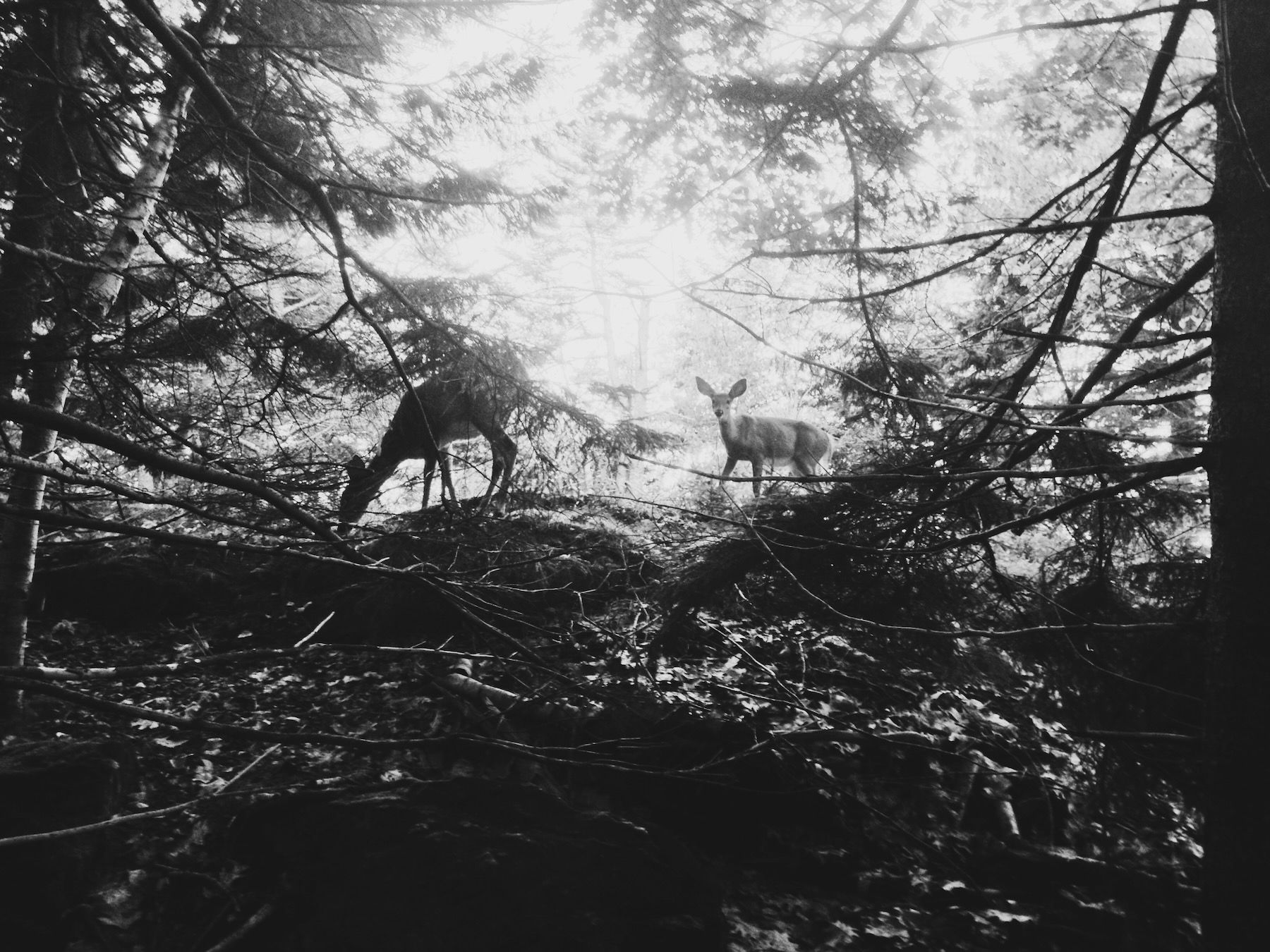I’m working toward a mid-May manuscript deadline and need to conserve my writing capacity; I’m pausing this weekly letter until June. I’ll leave you today with a link, passed along by DB, to a New Yorker interview with Min Jin Lee.
The conversation ranges from Lee’s novels on Korean diasporic experiences to how her faith shows up in her writing routine, to the purpose of her (very) extensive book research (“I imbibe it. I swim in it, and also I fall in love with it. I fall in love with my characters.”). Not to mention, The Great Gatsby, for which Lee penned the foreword in a new Penguin edition (“[V]ery often we are told that Americans are this. What they’re really meaning to say is white Americans are this”).
But my primary reason for sharing the piece (and the reason DB sent it to me in the first place) is a somewhat throwaway line, touching on an idea I was particularly keen on during a stretch of 2015, and was talking up, sometimes insufferably so, to certain friends, and even in this very newsletter. From issue #133:
We work in cycles. We – in the argot of a big internet company – move fast and break things. But then we slow down and fix what’s broken. We must, for runaway expansion leads to chaos, and total contraction leads to stasis. Both are in effect the same thing; both mean death.
I never included the punchline, but to set it up more directly: the opposite of chaos (Greek: khaos: “abyss, that which gapes wide open, that which is vast and empty”) is not stasis (“a standing still”). It’s not extreme order, order that chokes out all life and change. No – the Greek word that better sits in opposition to the void of chaos is a different one. Min Jin Lee:
How do I make people care? I realized I have to figure out another way. Learning how to write stories is really different from writing the facts. I’ve thought about this a lot. Every day is chaos, right? How do I create cosmos?
You know I’m fond of that word! (Greek, kosmos: “order, good order, orderly arrangement.”) The opposite of chaos is harmonious, life-generating order. It’s a place, a state – maybe a brief moment – between total randomness and total predictability. Or, to adapt Lee’s question using an equivalent, Latin-rooted word: How do I create beauty?
That’s what I’ll keep asking.
